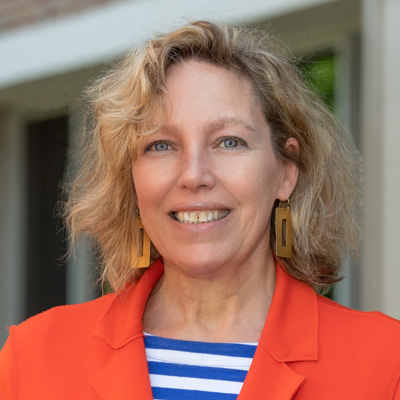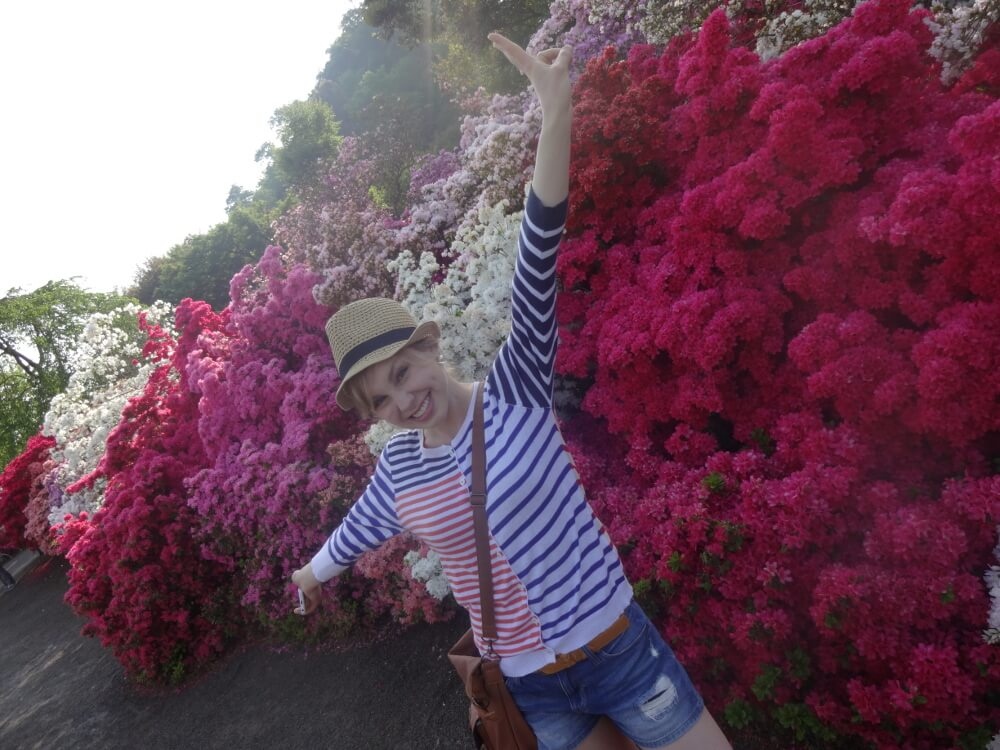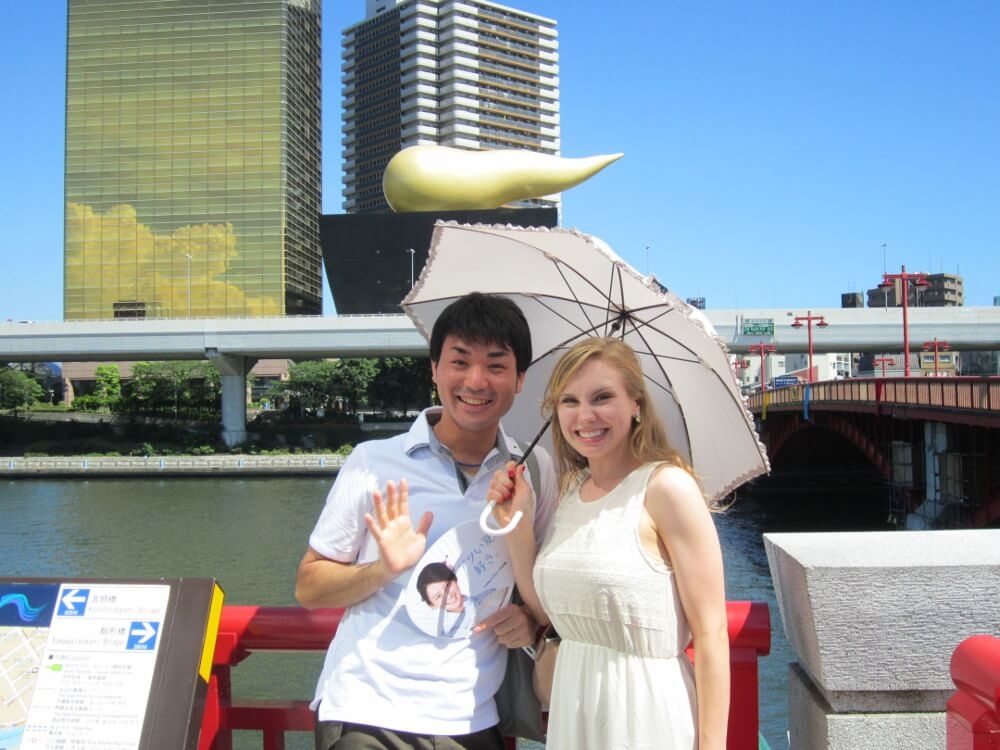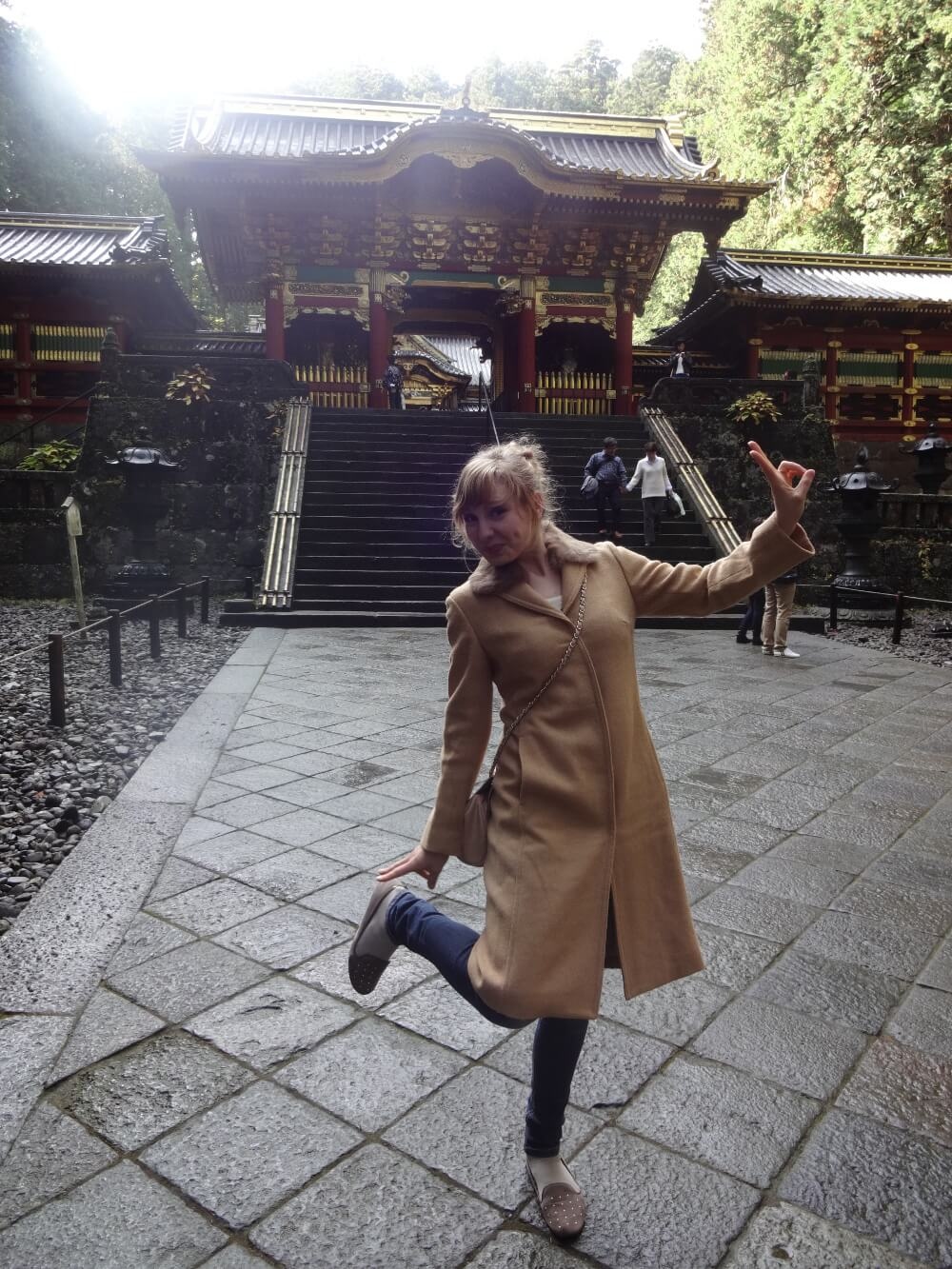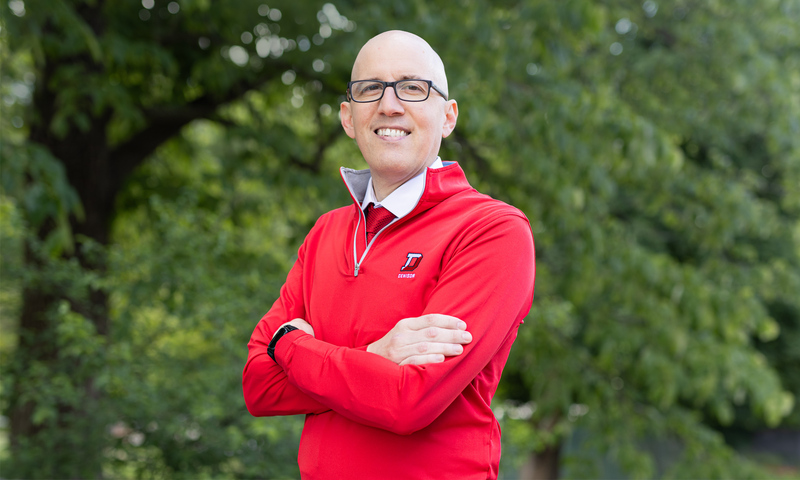For Karen Maruyama ’12, studying Japanese went far beyond learning the language. She incorporated an interdisciplinary approach that combined East Asian Studies, art history and visual culture, women’s and gender studies, cinema and off-campus study.
Originally interested in taking German courses, Maruyama found herself studying the Japanese language after a Japanese Art History class sparked her interest. She decided to continue with the language, eventually declaring a major in East Asian Studies.
Maruyama studied abroad in Japan during her junior year, though she returned to the United States early after the Tōhoku earthquake and Fukushima nuclear power plant disaster. But the cancellation of the program only made her desire to return to Japan stronger.
In the meantime, she explored the depictions of feminist characters in the works of Japanese filmmaker Hayao Miyazaki through her senior research that combined East Asian Studies with women and gender studies.
“As a Japanese filmmaker, his works cannot be examined solely through a western feminist lens,” she said. “When seeking feminist characters in his films it is imperative to do so with an understanding of Japanese fairy tales and Japanese feminism.“
It’s so easy to connect with other countries, look beyond what you’re familiar with, and see how the world operates beyond what you’re used to.
“Her initiative to create an expansive, transnational context exemplifies her ability to engage with many different types of social groups and academic contexts as well as the complexities of intercultural communication and intersectional social analysis,” said Jill Gillespie, assistant professor and one of Maruyama’s advisors on her research project. “It also demonstrates Karen’s passion for creating increased connections between intercultural understanding, global education, social justice and East Asian Studies.”
While Maruyama continued to study Japanese culture in interdisciplinary ways in Ohio, she longed to return to Japan.
“I absolutely fell in love with the culture. I wanted to come back after graduation. When I was still a senior, I applied for teaching positions in Japan. I first came over as a teacher in a children’s English school for two years then moved to a traditional Japanese kindergarten,” Maruyama explained.
“I can’t stress enough my respect for her as a person in addition to her intelligence, work ethic, and academic commitment,” Gillespie added. “I would trust her with my own family and would want a person such as herself to teach my children.”
Her interest in international education continued to grow, and Maruyama, who graduated from Denison summa cum laude, decided to pursue her master’s in global studies at Sophia University in Tokyo.
“It is becoming a global world. It’s so easy to connect with other countries, look beyond what you’re familiar with, and see how the world operates beyond what you’re used to,” said Maruyama. “It’s really important to challenge yourself and challenge your own views and get a different perspective on life. Everyone lives so differently than you do and I think it is important to realize there is no single right way.”
She encourages students to study abroad during their time at Denison, where more than half of students participate in off-campus study.
“Studying abroad pushes you out of your comfort zone. You are interacting with people who have different worldviews. Not only challenging yourself to think differently, but realizing that you are part of a much larger world.”
